Bangladesh is facing a concerning increase in deaths caused by non-communicable diseases (NCDs), yet the allocated budget to tackle this issue remains insufficient. Public health experts are urging the government to bolster the budget allocated for combating NCDs in the upcoming FY2024-25 national budget.
These concerns were highlighted during a webinar titled "Budgetary Allocation to Combat NCDs: Bangladesh Perspective," held on Saturday to mark World Health Day. The event, organized by the research and advocacy organization Knowledge for Progress with support from the Global Health Advocacy Incubator (GHAI), coincided with this year's theme "My Health, My Right."
According to the webinar, NCDs such as hypertension, diabetes, heart disease, stroke, cancer, kidney diseases, and respiratory diseases account for 70% of total deaths in Bangladesh. Various risk factors, including unhealthy eating habits, excessive salt intake, tobacco use, lack of physical activity, and air pollution, contribute to the rising prevalence of NCDs.
However, despite the alarming statistics, only 4.2% of the health budget is allocated to NCDs. This is significantly lower than the World Health Organization's recommended allocation of 15%. Bangladesh's healthcare budget for fiscal year 2023-24 was only 5%, which is notably lower than other countries in the WHO South-East Asia region.
Professor Dr. Sohel Reza Choudhury, head of the Department of Epidemiology and Research at the National Heart Foundation, emphasized the importance of allocating necessary funds in the upcoming budget to address NCDs effectively. He highlighted the significance of including anti-hypertensive medicines in the drug list of community clinics and reducing salt intake among the public.
Muhammad Ruhul Quddus, Bangladesh country lead of GHAI, stressed the importance of sustainable funding for NCD prevention and treatment, citing research that investing in hypertension screening and medicines can yield significant benefits for public health.
Dr. Laila Akhter, director of the Bangladesh Food Safety Authority (BFSA), also participated in the webinar as one of the discussants.
The webinar featured a keynote presentation by PROGGA’s Coordinator Sadia Galiba Prova and was chaired by PROGGA’s Executive Director ABM Zubair. Participants from various professions and regions of the country took part in the event.




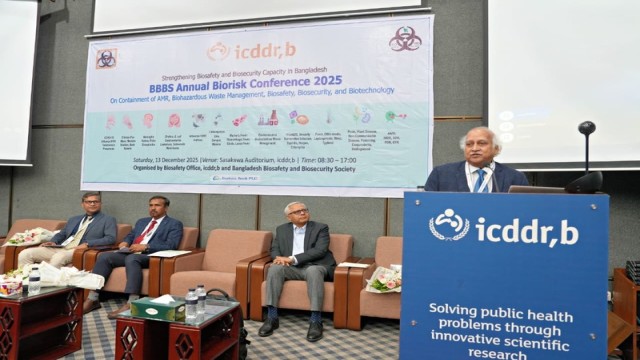
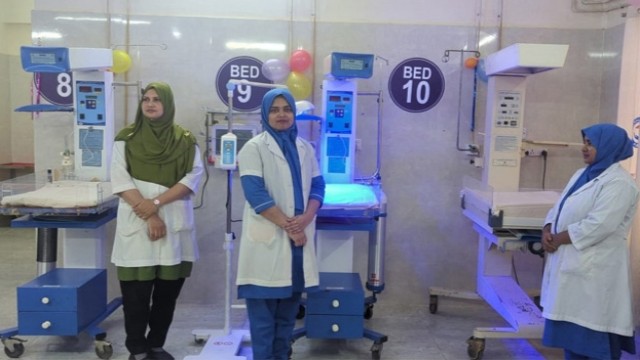
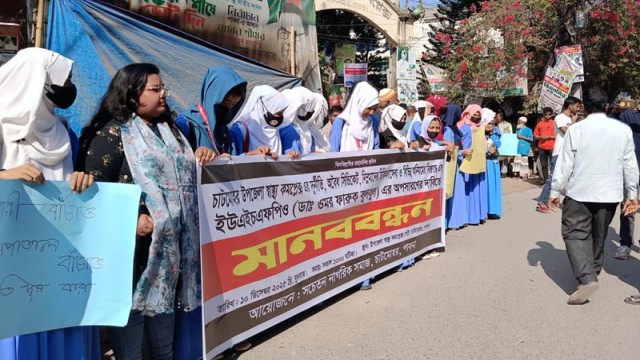
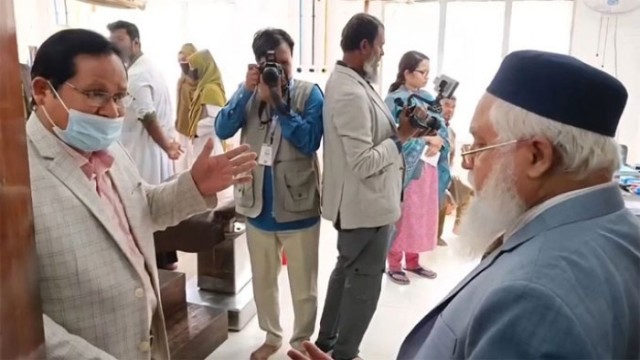
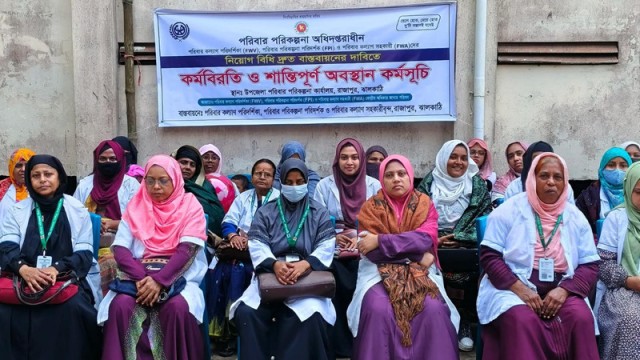
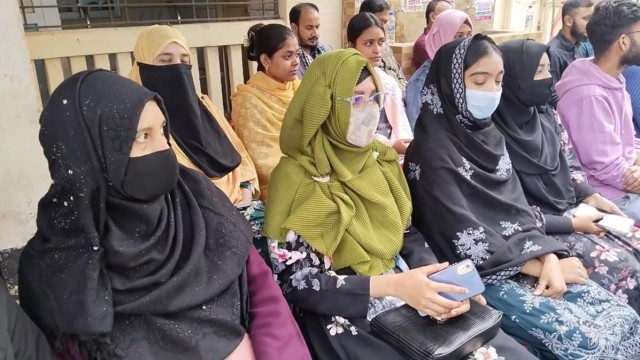

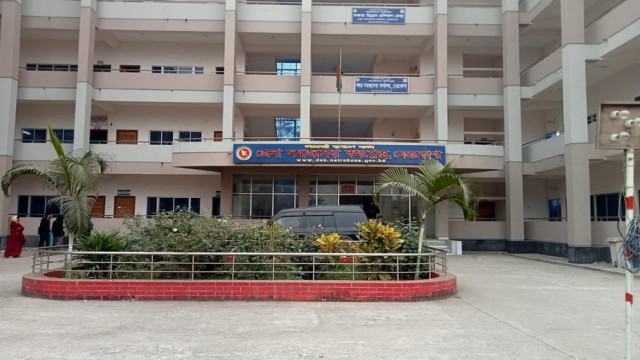




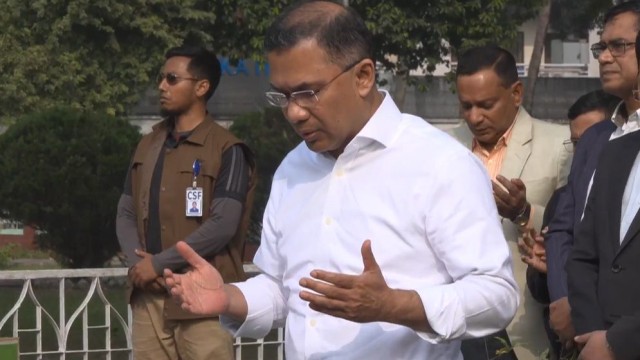












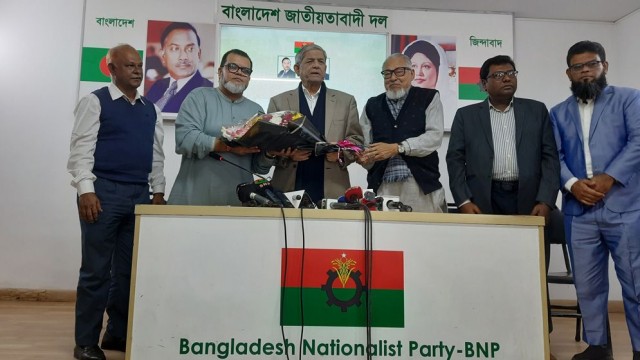

Comment: